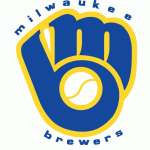 Dr Brunner and his wife Lauren hosted the office holiday party this season in their home. Because nothing is boring with our staff, we themed the party as “Ugly Sweater”. All of the staff and their spouses set out to find the ugliest sweaters possible to compete in a competition with each other. John S. gained the most votes and won with his “ugly” neon green and pink sweater.
Dr Brunner and his wife Lauren hosted the office holiday party this season in their home. Because nothing is boring with our staff, we themed the party as “Ugly Sweater”. All of the staff and their spouses set out to find the ugliest sweaters possible to compete in a competition with each other. John S. gained the most votes and won with his “ugly” neon green and pink sweater.
We enjoyed a tapas style menu with delicious fresh made food. Each dish was paired with wine and served every 30 min. The food was provided and catered by Chef Britta Kramer who focuses on healthy specialty foods with no preservatives. We enjoyed everything from crab cakes and lamb to chocolate torte!
The whole staff enjoyed everything so much. We can’t wait to see how we will celebrate next year!
Check out Britta Kramers’ page for details on her services: http://privatepalate.com/
Check out our facebook page to become a fan and view more photos: http://www.facebook.com/home.php#!/pages/Elmbrook-Family-Dental/49037228118

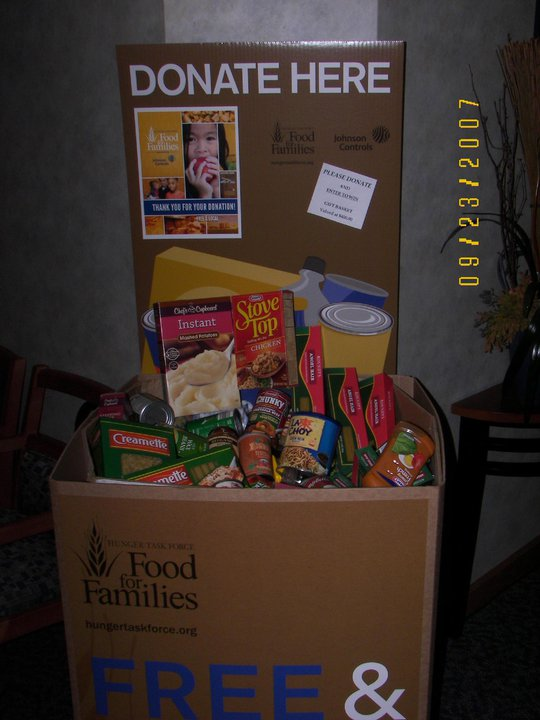

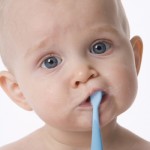 Did you know that an infant’s gums and newly erupted teeth should be brushed? After bottle feeding, using a soft bristled brush on your infants gums can eliminate decay and disease causing bacteria. At the age of about 2 years old, you may start using a pea sized amount of toothpaste on your child’s brush. Be sure to use a toothpaste low in fluoride until your child is able to spit into the sink after brushing.This will help to avoid fluorosis of the teeth. Although your child may want to brush on their own, be sure to brush following them to ensure that it is done accurately. Some sources say a parent should participate in brushing until the age of 9 years old.
Did you know that an infant’s gums and newly erupted teeth should be brushed? After bottle feeding, using a soft bristled brush on your infants gums can eliminate decay and disease causing bacteria. At the age of about 2 years old, you may start using a pea sized amount of toothpaste on your child’s brush. Be sure to use a toothpaste low in fluoride until your child is able to spit into the sink after brushing.This will help to avoid fluorosis of the teeth. Although your child may want to brush on their own, be sure to brush following them to ensure that it is done accurately. Some sources say a parent should participate in brushing until the age of 9 years old. 
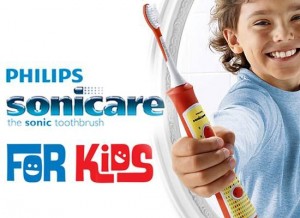
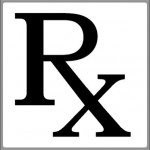 Did you know…
Did you know…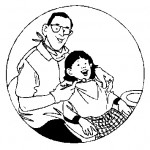 Many patients ask what age is the best to bring your child in for their first dental visit, which toothpaste is the best toothpaste, when should they be losing their baby teeth, among many other questions. This blog will answer many common questions that parents have regarding the oral health of their child.
Many patients ask what age is the best to bring your child in for their first dental visit, which toothpaste is the best toothpaste, when should they be losing their baby teeth, among many other questions. This blog will answer many common questions that parents have regarding the oral health of their child. 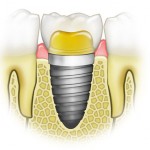 In many cases, dental implants are a great alternative to dentures and bridges to replace missing teeth. What are they and how do they work? This blog will give you the detailed information you need to make the best decision for you.
In many cases, dental implants are a great alternative to dentures and bridges to replace missing teeth. What are they and how do they work? This blog will give you the detailed information you need to make the best decision for you.